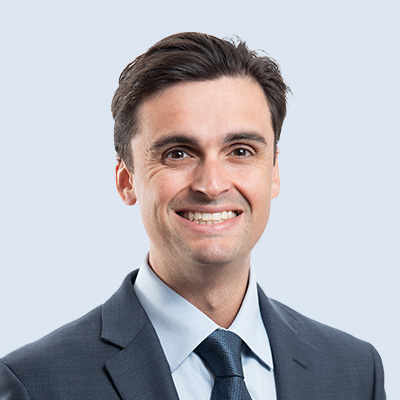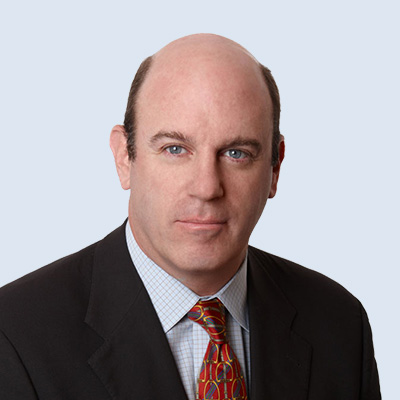Visit our Technology practice pages or contact us to learn how the Alexander Group can help your organization.
Full Transcript:
Davis Giedt: Welcome everyone to our series on tech industry predictions for 2022. I’m Davis Giedt, leader of our analytics and research practice here at Alexander Group. With me today is Ted Grossman, principal and leader of our technology industry practice. Today, we’re talking about partners and alliances. Our bold prediction for 2022 is that partner and alliance programs will provide a broader range of services, and SaaS organizations will continue to increase their investments in channel enablement, marketing and infrastructure to support the changes going on with that. So Ted, tell us a little bit about the rise of what you call the integrated ecosystem as it relates to partners and alliances and what you think is going to happen in 2022.
Ted Grossman: Yeah, I think this is interesting because there’s been a lot of talk about what will happen to partners as companies have moved more and more to SaaS. And does not mean the death knell of the partners? And I don’t think that’s the answer. In fact, everything we see and everywhere we’re going, successful companies are basically saying I need to rethink my ecosystem. I need partners, but I need partners to do different things than they were doing before to solve for the greater end. The great news is if you’re a customer of IT solutions and IT offerings, in the past, you have to make a choice between best of breed solutions and maybe how well do they integrate into my own infrastructure and my own environment? And customers now have a luxury, potentially, of having the best of both. I can get best of breed and it can have an integrated approach. And the way they are doing that is not just our individual companies providing broader platforms, but they’re partnering with other software companies, service companies, support companies, even companies that do application development to create really holistic solutions that are better off for end customers. The companies that do this well are going to really outcompete the rest of them. So when we say the rise of the integrated ecosystem, this is being much more deliberate on who your partners are, not just because they can reach customers, like a distribution channel in the past, but because they can actually fulfill an integrated solution. And we’re going to see a lot more of this going forward, and it’s going to create some interesting disruption within existing partner organizations.
Davis Giedt: So, Ted. Tell us about the continuous engagement model and how you’re seeing organizations shift from selling to servicing their customers within that model.
Ted Grossman: If you are a technology vendor and you provide software, you’re going to want to make sure that your partners can provide value add. Not just in terms of, let’s say, implementation, but in terms of usage and value acceleration. Potentially even in terms of customization of applications to better fit what the end customer is trying to do. So what does this mean? It means that it won’t just be the vendor who cares about ongoing relationship and customer success. You’re going to start seeing that showing up. And it already is, in some cases, showing up in partner organizations that traditionally did not have that muscle.
Davis Giedt: So tell us about hybrid partners and how that’s replacing traditional partner types. What are you seeing in the market? What do you expect for 2022?
Ted Grossman: So what is a hybrid partner? Well, traditionally what we had is in the tech industry, you had value-added resellers, you had just plain old distributors and resellers, you had system integrators, you had a global system integrators, you had managed service providers, you had independent software vendors. These are all very distinct types of partners that you could have. Everybody is trying to drive towards more recurring revenue because of valuation. And so everybody is rethinking their own offerings. If you want to be a successful part of an ecosystem going forward, you can’t just be a one stop shop. And so what you’re starting to see is traditional partner programs, which broke down and which were isolated by partner type. You’re seeing that now being broader partner programs that are more pick and choose what you want to be, and there’s items on our partner program menu that you can choose from. So the partner classification, the traditional partners are breaking down. What does that mean for vendors? Vendors have to think about how they’re going to reorganize to affect that. And one of the big changes we’re going to see going forward and especially starting next year is moving organizations from having people who are organized in a specific partner type role – like I am a global system integrator, GSCI alliance partner manager – that might not be the case going for it. Instead, it will be replaced by the functions I’m doing, which might mean I’ll have an enablement function, it might mean I have a co-marketing function, a selling function. And so I think what you’re going to start seeing is these roles are going to be aligned by functional expertise versus partner type expertise to match what’s going on in the marketplace.
Davis Giedt: Well, thanks Ted. Appreciate the insights. That’s all the time we have for today. Thanks, everyone for watching. We’ll see you on the next video.



